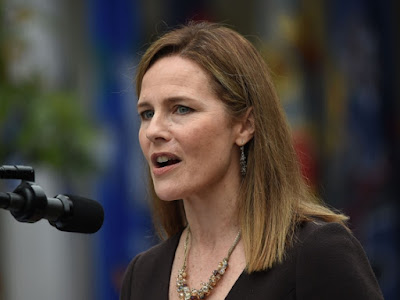Gold’s recent correction has taken silver down with it. The white metal dipped below $21 an ounce at its lowest, about $8 off its August highs.
That has led some to speculate that we’ve seen a knockout blow for silver. These are generally the same people who have declared the gold bull dead. But I think it’s way too early to hang “rest in peace” over the silver market for the same reasons I don’t think the gold bull run is over. In fact, this may be an ideal buying opportunity.
In order to begin saying last rites for precious metals, you have to believe the Federal Reserve is actually going to tighten monetary policy and the dollar is going to remain strong. Both of these prospects seem pretty implausible.
































A rising gold price reflects, above all other things, a loss of trust in the value of fiat currencies